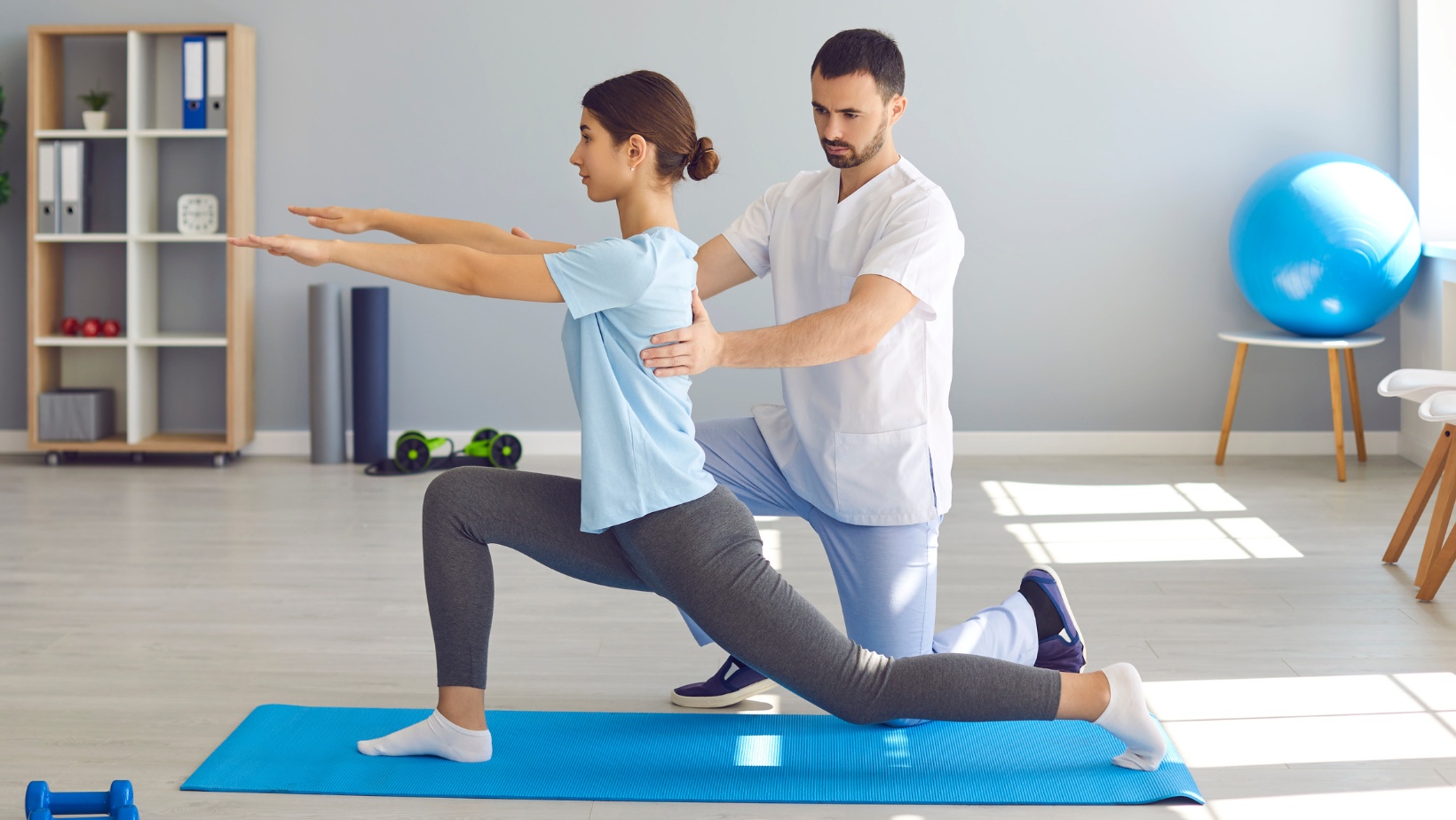In this article
The best medicine in the world doesn’t work if you don’t take it. The same is true of physiotherapy – if you don’t do your exercises regularly, you slow down your recovery.
But people are complicated and we don’t always act rationally. A third of kidney transplant patients don’t take their anti-rejection medications. Over 40% of people recovering from a heart attack don’t take their blood pressure meds. And 50-70% of patients with lower back pain don’t do their home-based physiotherapy exercises.
At The Brisbane Spine Clinic, we emphasise a joint effort approach to your recovery. The basic concept is that physiotherapy doesn’t work unless you do. Active rehabilitation accelerates your recovery.
What is active rehabilitation?
When you’ve been sick or injured, you’re often managing a range of feelings. Part of you is probably eager to get back to normal but you may also be managing pain and afraid of making your injury worse.
It can be tempting to do nothing but sit still and binge-watch your favourite show while attending a once-a-week physiotherapy session.
‘Rehabilitation’ is the process of returning to your normal activities after an illness or injury. And, as the name implies, active rehabilitation means you play an active role in your recovery. You’re not passive, simply lying there while we perform exercises on you – you’re actively involved in performing your exercises each day at home.
Of course, we still provide manual therapy in your clinic appointments, relieving tense knots in your muscles, correcting posture or moving your joint through its full range of motion. But the majority of your rehabilitation happens at home. You make a daily practice of setting aside 15 minutes to do your exercises, strengthen your body and accelerate your recovery.
Your active rehabilitation program is not a one-size-fits-all approach. It’s carefully designed, taking into account your injury, your medical history and your current physical abilities. It’s also designed to step up as you get stronger and can manage harder exercises that further strengthen your body.
What are the benefits of active rehabilitation?
Active rehabilitation has many benefits. It can help to:
- Improve joint mobility, flexibility and muscle strength
- Reduce swelling
- Relieve pain
- Improve coordination and reduce the risk of falls
- Prevent complications
- Rebuild your confidence in your body.
Put simply, movement is medicine. Moving your body helps it to function well. It’s not always easy, especially when you’re recovering from injury or illness, but it is so very good for you.
When you’re following a program of exercises designed for you by your physiotherapist, you feel more capable of moving your body. You know what’s appropriate to do at each stage of your recovery and can be confident you’re not doing too much too soon or too little too late.
How can The Brisbane Spine Clinic help?
The Brisbane Spine Clinic offers you a high level of care through evidence-based individualised physiotherapy treatment. Our joint effort approach aims to help you get the most out of your treatment so you can get back to doing the things that make you feel alive and happy.
In your clinic appointments, we’ll support your rehabilitation by providing hands-on treatments, such as:
- Soft tissue mobilisation (massage)
- Acupuncture and dry needling
- Muscle re-education
- Joint manipulation and mobilisation.
We’ll also create a program of exercises for you to complete at home. We encourage you to deliberately plan when you’ll do these. Make a plan, set an alarm and tick them off a chart when you’re done – measures like these can help turn good intentions into regular practice.
The knowledge that your actions matter to your recovery should be empowering and liberating. And the reward is worth the effort. Active rehabilitation helps to promote your recovery and maximise your independence, helping you get back to normal life as quickly as possible.
Please book an appointment today at our clinic in North Lakes, Eight Mile Plains or Daisy Hill.
Disclaimer
All information is general and is not intended to be a substitute for professional medical advice.







